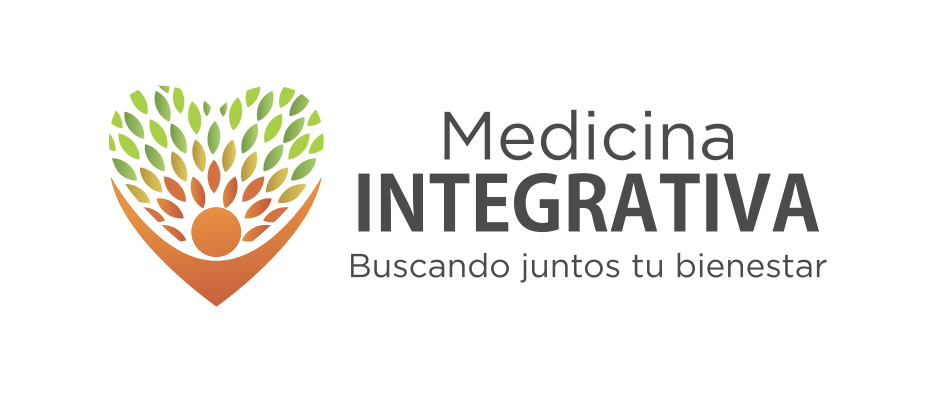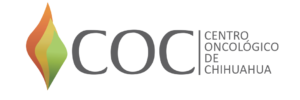
A novel concept in comprehensive care.
Comprehensive care medicine covers a range of disciplines that seek to improve the patients’ quality of life. Its approach is comprehensive and includes strategies that address physical, emotional, spiritual, and mental health, as well as overall well-being. It includes practices such as acupuncture, yoga, herbal medicine, meditation, therapeutic massages, specific physical exercises, music therapy, among other strategies.
Does comprehensive care medicine replace conventional medicine? No, these disciplines are used simultaneously with conventional medicine.
At the Chihuahua Cancer Center, our focus has been on comprehensively improving the life of our patients by integrating a broader range of options alongside conventional medicine. This approach contributes to enhancing the quality of life and overall well-being of our patients and their families. Our focus is to relieve symptoms such as nausea, vomiting, fatigue, fibromyalgia, anxiety, pain, distress, and many others.
Psycho-oncology
Psycho-oncology is a branch of psychology dedicated to the study and psychotherapy of cancer patients, as well as that of their families, providing them with the necessary tools to cope with the diagnosis and treatment of any type of cancer.
Through psychotherapy, the therapist guides and provides emotional support to the patient in all stages of the disease, particularly aiding in adapting to the psychological and physical challenges that come with treatments and surgical procedures.
Psycho-oncology focuses on supporting and guiding family members through every stage of the disease and grieving process, by identifying and addressing the development of pathological reactions associated with these experiences.
What is the purpose behind it?
Psycho-oncology is part of clinical and health psychology. It helps cancer patients and their family to channel their emotions in a healthy manner.
The goal is to improve the patient’s quality of life, promote compliance with medical treatment, encourage patient self-care, and restore personal and family balance throughout the course of the disease and beyond.
Treatment can be administered at any stage of the process, including diagnosis, treatment, survival, relapses, end-of-life phase, or mourning phase, and it helps promote active coping strategies to face these challenges.
Psycho-oncology primarily focuses on improving the quality of life for both the patient and their family members, while also developing therapeutic skills to address symptoms such as:
- Anxiety
- Depression
- Emotional distress
- Treatment compliance
- Adapting to life with the disease and treatment
- Advantages of psycho-oncology care.
- Acceptance
With the aid of psycho-oncological therapy, patients can come to grips with their diagnosis, the upcoming cancer treatments and the symptoms they will face. Once this process begins to take shape, the patient becomes more receptive and more aware of their situation.
Nutrition
Cancer patients often experience appetite changes, usually caused by the tumor itself and the medication they are prescribed. Their taste is affected, and a lack of appetite leads to malnutrition, resulting in significant weight loss. However, one-third of patients suffer from malnutrition at the time of diagnosis, and this percentage increases after surgical and/or radiochemotherapy treatment.
Therefore, oncological nutrition must ensure that the patient receives sufficient nutrients for the body to function properly during cancer treatment. Hence, it’s crucial to consider the easiest and most comfortable way to feed the patient.
What is the purpose behind it?
Oncological nutrition is used to ensure that cancer patients receive the necessary nutrients and vitamins for their body to work properly during and after treatment.
What does it involve?
Oncological nutrition focuses on increasing the intake of proteins and calories, provided in small quantities, at warm or cold temperatures, with easily digestible and highly nutritious foods. It is crucial for the patient to chew thoroughly and slowly, avoiding dishes and foods that are too difficult to chew or cut into large pieces (such as meats). It is also not recommended to drink during meals, and a relaxed environment should be provided to alleviate the challenges that eating can pose for the patient, as many cancer patients experience issues associated with eating, such as vomiting, nausea, or diarrhea.
In general, the more well-rounded the diet and the variety of foods available, the richer it will be from a nutritional standpoint. When seeking variety, it’s crucial to steer clear of saturated fats found in bread and pastries, cheese, processed meats, and red meat, and instead prioritize a diet with lots of fruit, vegetables, fish, and low-fat dairy products, as well as nuts, rice, pasta, and legumes.
Preparing for oncological nutrition.
Dietary recommendations for cancer patients should be tailored, as tolerance varies greatly from one patient to another. Moreover, it’s essential to consider that food tolerance can rapidly change in the same patient. Therefore, the diet should not only be tailored but also requires frequent visits from the nutritionist to modify food components based on the patient’s progress and the disease.

